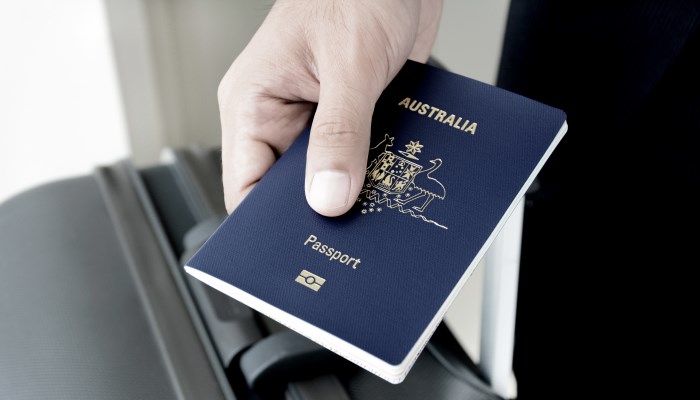As the 1 July 2017 Australian visa changes rapidly approach, we are bracing for the system, financial and regulation modifications that will occur.
System Changes
The Department of Immigration and Border Protection (DIBP) has announced that the lodgement portal will be closed from 9:00 pm (AEST) on 30 June 2017.
Also, on 1 July 2017 new electronic forms will be introduced for all stages of the 457 visa.
The DIBP has instructed that any partially completed, ‘saved’, or ‘in progress’ 457 forms that are not submitted by 9:00 pm on 30 June 2017 will be lost, and the forms will be set to a status of ‘discontinued’ within the ImmiAccount. Therefore, applicants are strongly advised to ensure that any urgent applications are completed and submitted before this date.
From 1 July 2017, applicants will need to start a new 457 sponsorship, nomination of visa application form to continue the visa application process.
Financial Changes
Australian visa application fees will be increasing on 1 July 2017. The Government has published information of the exact changes that will occur.
The new Australian visa application fees can be accessed here.
Regulation Changes
A number of regulation changes will be introduced on 1 July 2017 affecting eligibility criteria for Australian visas.
The changes that have been announced so far include the following:
- Skilled visas: The requisite occupation lists are expected to change and the maximum age requirement will be reduced from 50 years to 45 years.
- Temporary Work (Skilled)(subclass 457) visas: A number of changes are expected to occur including changes to the eligible skilled occupation lists, requirement for mandatory police checks for visa applicants, change in the training requirements and changes to English language exemptions.
- Employer Nomination Scheme (subclass 186) visa (ENS visa) & Regional Sponsored Migration Scheme visa (subclass 187) visas: The English language requirement will change for the Transitional visa stream from ‘vocational’ to ‘competent’ English, eligible occupation lists will be amended, and the maximum age requirement of 45 at the time of application will apply to Direct Entry stream applicants and a maximum age requirement of 50 at the time of application will continue to apply to Temporary Residence Transition stream applicants.
We will keep our clients and contacts informed of the upcoming 1 July 2017 changes to the Australian visa program.
For more information on Australian work visas, please feel free to contact us at info@hartmanlawyers.com.au
Disclaimer:
The information on this website is intended only to provide a summary and general overview on relevant matters. It is not intended to be comprehensive nor does it constitute legal advice. You are advised to seek legal or other professional advice before acting or relying on any of the content contained in this website.




